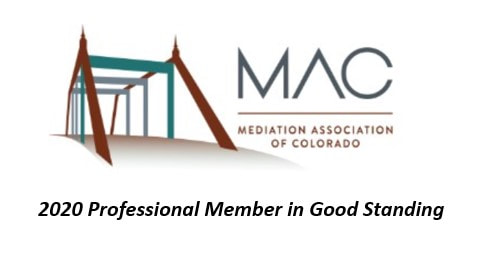They were so civil with each other. They had come in on a pre-trial hearing, and the judge had ordered them into mediation. There was a bit of “I’ll never work for you again” posturing from the Sub, but tension in the room was definitely at the low end of the scale.
I had barely been in their presence for five minutes. It was already clear that the normal approach of asking one side to go first, and then allowing the other side to take their turn would, only encourage the setting and hardening of positions. It would simply have invited more back and forth.
So, I opened with “what would you gentlemen like to talk about today?” Beyond the age old story, it emerged that the Sub was young, energetic, and a bit of a go to guy for the General, who also used him and his crew to troubleshoot when other sub-contractors messed up. The General was tiring under the tension of always being caught between his clients and the people who actually did the construction. He and his brother were starting a fly-fishing business, and their families were going to run a small resort in Wyoming. He wanted to be on a river, and out doing something different.
They talked amicably, and almost as an after thought we got back to the reason why they were here. I had just reframed and summarized to let them know they were heard, and that I had the story straight. I eventually pitched the idea of a discounted amount to settle. An offer was made for some of the money today, and a balance to be paid in 30 days, bringing the total to about 90% of the claim. I started on an MOU, and while I was drafting the guys kept talking.
Underneath it all, they liked each other well enough, to keep talking while I wrote. Perhaps the General really did not want to loose the Sub, because I almost missed it when he said, he’d pay 100% of the claim in 45 days. That was the final deal, and I got the sense that perhaps they would be doing business again, no matter that there had been a lawsuit between them.
Even in court annexed civil litigation, sometimes the more free-form approach of helping the principals through a conversation is all that is needed to promote self determination by the parties; to get them where they want to be, and keep the judge happy too!

 RSS Feed
RSS Feed
